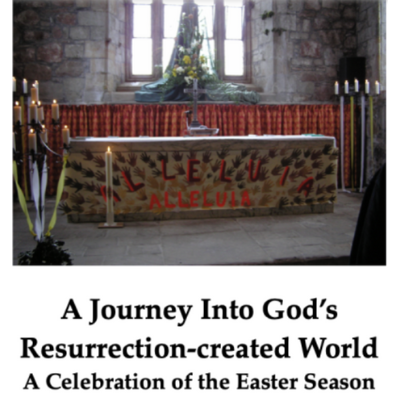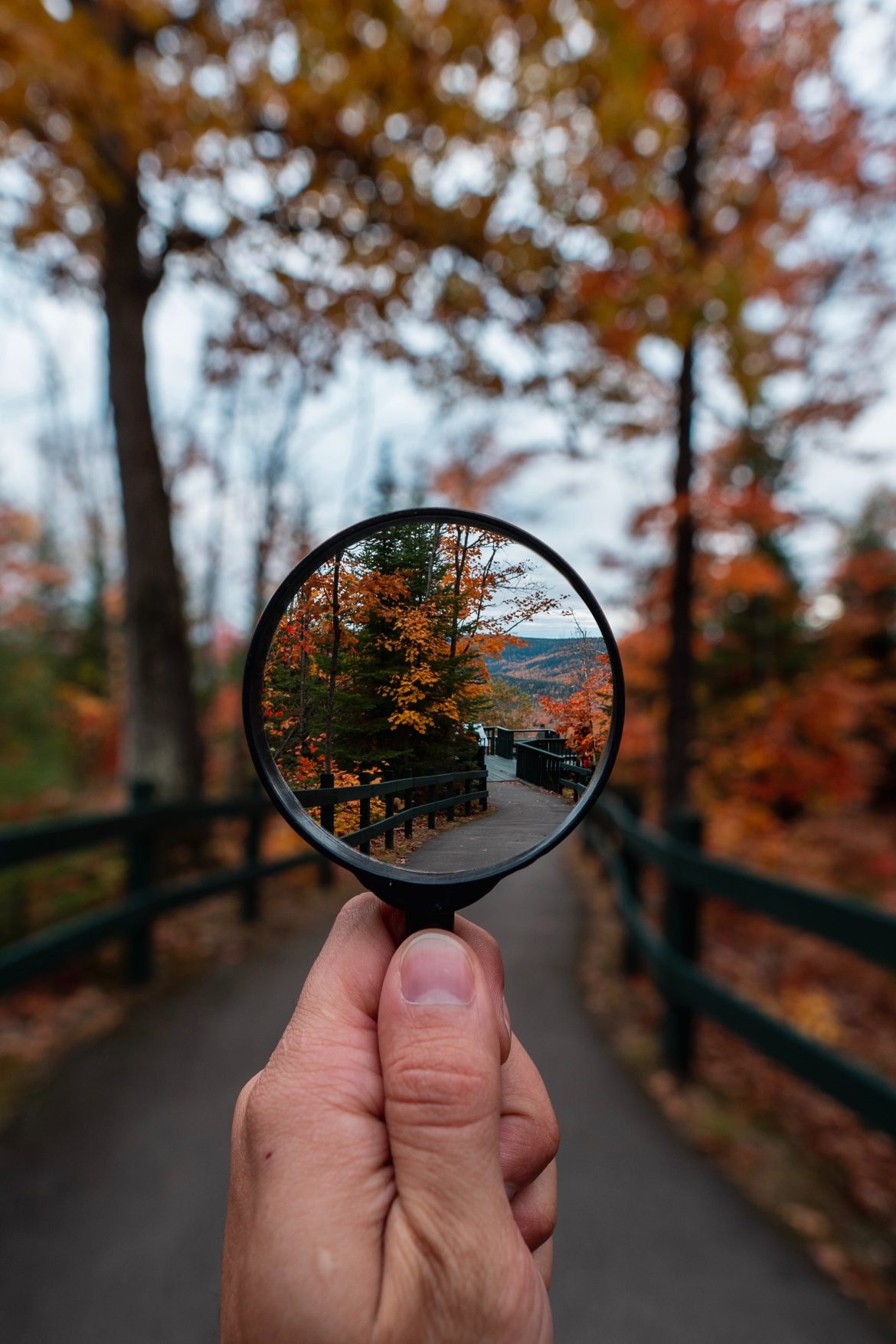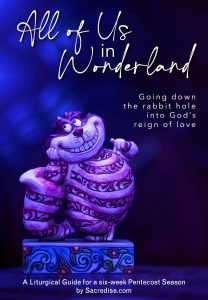I learned about my wife’s love of flowers very early in our relationship. We were two teenagers who had only been dating for a few months when, on a trip to meet her parents, I had to cross a very busy intersection at rush hour. As we waited for our traffic light to turn green, I tried to make sense of the six or seven different roads that converged in front of me. When the light changed, I carefully eased forward, breathing a sigh of relief as we left the danger zone. But just then, Debbie shrieked, “John!” I hit the brakes, spinning around to see what terror was about to come crashing into us. Then I saw her smile as she pointed excitedly and exclaimed, “Daffodils!”
In my concentration on the cars, I had been oblivious to the flowers beside the road. Debbie couldn’t have cared less about the traffic. She was lost in the beauty of her beloved daffodils. What I saw made me tense and anxious. What Debbie saw brought her joy and relaxation. It was then that I realised: What we see and how we see determines the world in which we live.
In a few days we will celebrate Pentecost. Many of us have been taught this was the day when the Spirit was ‘poured out’ on God’s people. Before this, we are told, the Spirit was not freely available, but only ‘came on’ certain people in certain times for particular tasks. But I want to suggest another way to think about this event.
In Psalm 139, the Psalmist asks the rhetorical question, “Where can I go from your Spirit?” Then the writer goes on to celebrate that God’s Spirit is everywhere. This means that Pentecost cannot have been an outpouring of a Spirit that was previously absent from human lives. The Spirit was always present, but people were not yet aware.
In John 3:3 Jesus tells Nicodemus that no one can see God’s reign unless they are born of the Spirit. It’s significant that Jesus emphasizes seeing something to which we are otherwise blind. An experience of Spirit, a Pentecost encounter, is about having our eyes opened to a reality which was hidden to us. It is the awakening of our awareness to the presence of the Spirit and the reality of God’s reign within our ordinary human world.
To use a metaphor from Lewis Carroll’s Alice in Wonderland, Pentecost is the rabbit hole that leads us into the Wonderland of God’s reign of love. It is the moment when the Spirit draws back the veil and enables us to see God’s presence everywhere. It changes our world as we begin to grasp how the values, priorities, and purposes of God’s reign permeate every fragment of creation. And it changes how we live in that world because we cannot help but be shaped by what we see.
The Pentecost Sunday celebration is a pivot point in the Church Calendar. It’s mostly celebrated as a stand-alone event, but it marks a significant shift. This is the day we move from the first half of the year, where the focus is on Jesus’ birth, life, death and resurrection, to the second half, where we focus on how to live as Jesus did. The gift of Spirit at Pentecost is the gift of sight to see the Wonderland of God’s reign. It’s the gift of longing to see that world become a reality among us. It’s the gift of courage and strength to begin to live the way of Christ here and now. And for me, there is great value in celebrating Pentecost as a season rather than just an event.
As we open our hearts and lives to a renewed encounter with Spirit so we are taken deeper down the rabbit hole. As our sight is awakened again to the presence and activity of the Spirit within us, around us, and among us, so we are empowered a little more to collaborate with God in healing our world. And that doesn’t need just a single day. It requires months of intentional practice to allow God’s reign to become the primary reality within which we live. And that’s why I like to think of Ordinary Time as the ‘season of the Spirit’. Pentecost is simply the portal through which we enter a life shaped by the message and mission of Christ.
It’s not that the Spirit leads us out of our human world into some spiritual enclave where we can stay separate from the chaos and mess of ordinary life. It’s that we can live in the reign of God in the midst of our regular routines. We play, work, and rest as all people do. We have our homes, families, and friendships like everyone else. Like them, we vote, pay taxes, and follow the laws of our home country. But at the same time, we see the world differently, embrace different values, priorities, and purposes, and live by different ‘rules’, hopes, and dreams. As we go through our daily routines like our neighbours, our lives are shaped by eternal realities. This is what it means to live in God’s reign.
As we celebrate Pentecost this year in a world broken by war, pandemic, climate change, economic inequality, and power imbalances, may we receive again the gift of being born of the Spirit so that we may see God’s reign and embody its truth in every moment and every place.
Photo by Steven Wright on Unsplash
Editor’s Note: If you are looking for a Pentecost-and-Beyond resource, or inspired to celebrate a season of Pentecost, John van de Laar has a new resource out we’d like to highlight!
All of Us in Wonderland – Going down the rabbit hole into God’s reign of love encompasses six weeks of a season of Pentecost and is available as a personal or lay resource or a liturgical one! You can find out more by clicking here!
 It is the Easter Season! Lasting from Easter into Pentecost, it is a time to celebrate and heal! This free download will help you find the joy in the season and includes practical suggestions for celebrating in a Covid-19 world as well.
It is the Easter Season! Lasting from Easter into Pentecost, it is a time to celebrate and heal! This free download will help you find the joy in the season and includes practical suggestions for celebrating in a Covid-19 world as well.


